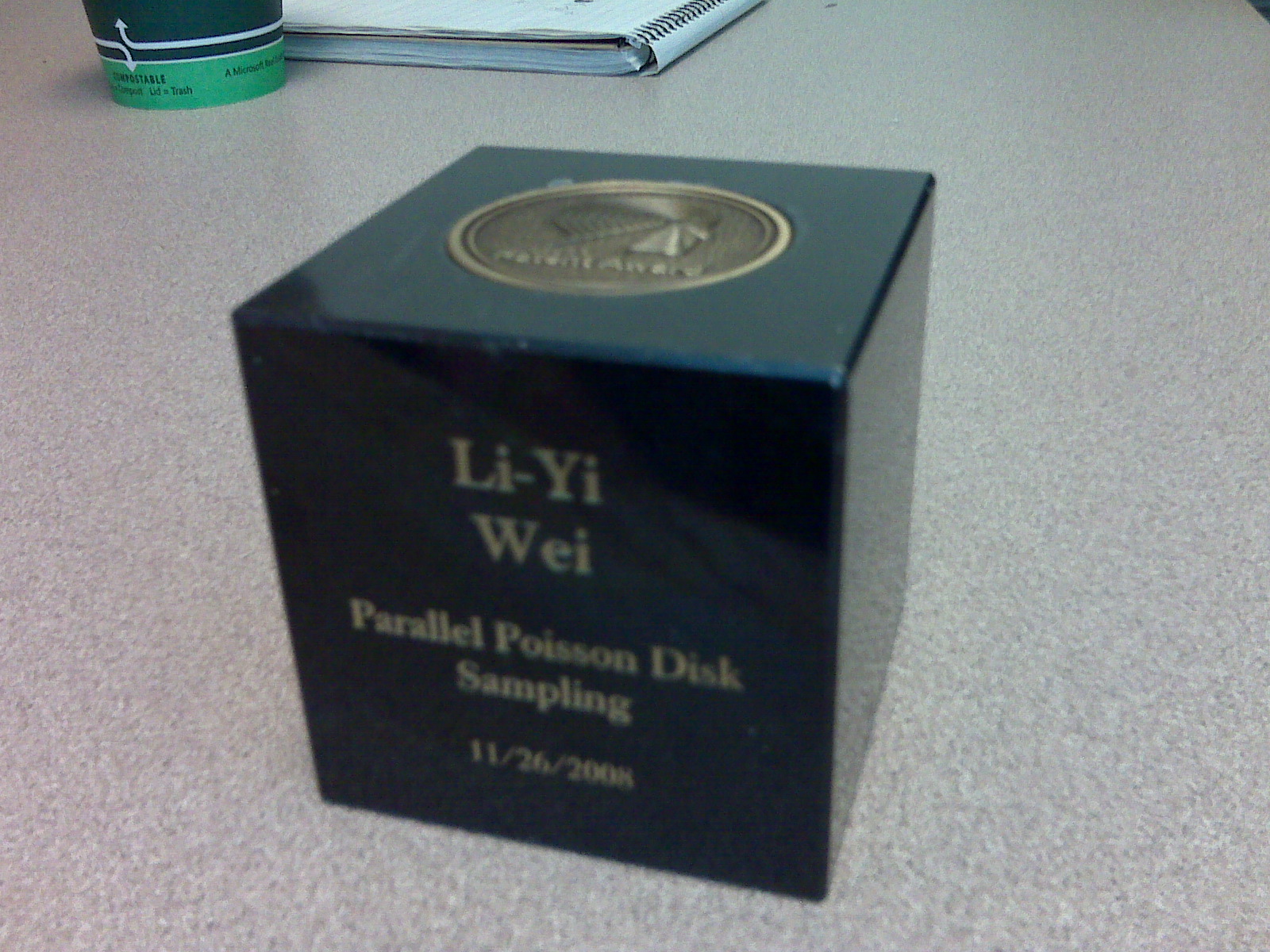During my sleep last night, I realized that twitter can be used to play the game of story relay.
It is very simple to play the game. For example, say I start a story via the following tweet:

liyiwei My name is John Smith. I am an ordinary guy living an ordinary life. #relaystory
Noticed the keyword part #relaystory. We need this to be able to find all the relevant tweets via twitter search. You could use any other keywords, as long as (1) it has not been used before on twitter and (2) it is unique for a given story.
Now, say another user wants to relay the story:

gfxblit @liyiwei However, today turned out to be an extraordinary day for me. #relaygame
Notice that in addition to the #relaystory keyword, we also need to know which tweet your part of the story is relayed from. This is achieved via the @liyiwei part (i.e. the usual twitter reply). I know this identifies only the username, not a particular tweet, but I believe the username plus the time stamp ought to be enough to put back the story.
So now, if you want to see the whole story, you could do a twitter search with the keyword #relaystory, or simply go here.
Well, I guess that is enough information for the purpose of play. If you would like to know more detailed information, see below.
Why this?
I am a researcher, so I admit that I did this as a sort of scientific experiment. Story relay game has a long history, but twitter offers several unique properties in terms of game play: (1) large enough user base to make the relay pragmatic, (2) short message size to avoid (or at least reduce incentive for) a few users to dominate the story telling, (3) the simple and open API of twitter to facilitate experimentation.
All these web2.0 and social networks provide huge potential opportunities for crowd sourcing, but I am curious on the potential of uncoordinated crowd behavior to come up with a coherent contribution. Wikipedia is one successful example, but for me it is too serious and not chaotic/creative enough. Twitter fits the fun/chaos/creativity part well, but most tweets are individual uncoordinated contributions, and I wonder if it is possible at all to come up with a coordinated effort.
There is a high chance that nobody will play this game at all, but on the other hand I have very little to lose anyway.
Structure and content quality
If the game ever gets played and it gets sufficiently large, the story might exhibit interesting structure. It might not be linear at all, as multiple authors could concurrently relay different stories from the same tweet. This provides several interesting opportunities. For one, the story would provide branch points where the reader could choose which path to take. For another, the authors essentially vote on the quality of previous tweets by deciding whether or not to follow it. This serves as a self-organizing behavior to keep the story interesting.
Obviously a proper web-based reader would be required to help read the story if the structure gets sufficiently complex; the coding should not be too difficult but I plan to do it only when the need arises.
Advertisement
As a corollary regarding content quality, spammers might eventually show up, but their tweets will unlikely to be followed, unless they turn out to be sufficiently interesting. This provides an interesting way to think about advertisements: how to insert your ad into a story so that people would consider it worth relaying?


 that I simply could not track down the original ownership (even until today).
that I simply could not track down the original ownership (even until today).